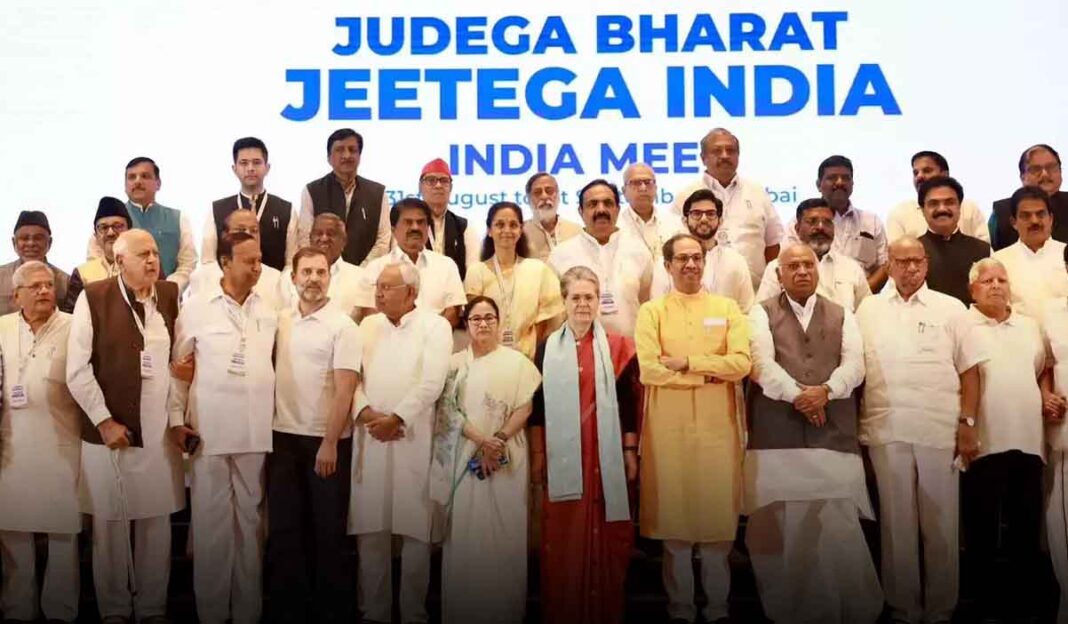The Union Cabinet has taken a significant step towards implementing the ‘one nation one election‘ initiative, which aims to hold simultaneous elections for the Lok Sabha and state Assemblies, along with urban and panchayat polls within 100 days.
This decision follows the acceptance of a report from a panel led by former President Ram Nath Kovind.
Key Features of the Proposal:
- The panel emphasized that simultaneous elections would “transform the electoral process” and “optimize scarce resources.”
- It argued that this approach would simplify voting for citizens, stimulate faster economic growth, and enhance governance stability.
- The proposed changes would align existing electoral cycles legally and could potentially prevent disruptions in supply chains due to migrant workers seeking time off to vote.
Government’s Commitment:
- The ruling Bharatiya Janata Party (BJP) included this proposal in its manifestos for the 2019 and 2024 general elections. Sources suggest the government is committed to implementing the initiative during Prime Minister Narendra Modi’s current term.
- Modi indicated his intention to pursue this reform during his Independence Day address, reinforcing the administration’s resolve.
Opposition Resistance:
- The proposal has faced criticism from 15 political parties, including the Congress, which argues that it is “not pragmatic” and an attempt to distract the public from pressing issues.
- Congress leader Mallikarjun Kharge has voiced concerns about the practical implications and feasibility of the plan, asserting that it will not resonate with the electorate.
Understanding ‘One Nation, One Election’:
- This initiative proposes that all citizens vote for their central, state, and local representatives in the same year, streamlining the electoral process.
- Currently, only a few states, such as Andhra Pradesh, Sikkim, and Odisha, synchronize their elections with Lok Sabha polls. The rest follow staggered cycles, leading to potential governance disruptions.
As the government moves forward with this proposal, the debate around its implications for India’s democratic processes continues to unfold.
(With inputs from agency)
Share your news, articles, deals, columns, or press releases with us! Click the link to submit and join our platform today.


